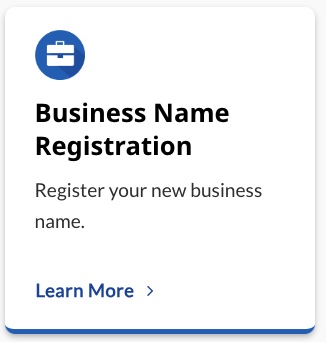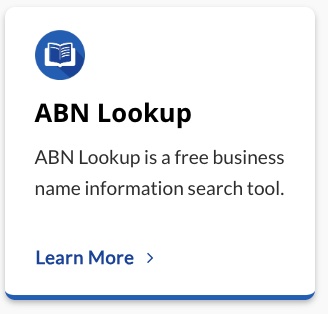Starting Your Own Business in Australia: A Simple Step-by-step Guide
When embarking on the prospect of starting your own business in Australia, it can be tempting to let the enormity of the task at hand overwhelm you. However, with careful planning and strategising, your entrepreneurial dream can quickly turn into a reality. Here’s a comprehensive yet straightforward step-by-step guide to help you launch your new Australian business.
1. Self-Evaluation
Starting a business requires commitment, dedication, and a passion for what you do. It’s important to examine your strengths, ambitions, and capabilities before diving into the world of entrepreneurship. Evaluate the feasibility of your business idea and identify your potential market. Also, consider getting professional advice for better decision-making and risk management.
2. A Solid Business Plan
A well-crafted business plan serves as a blueprint for your company’s future. It should detail your business concept, an analysis of the market and competition, and your strategies for growth and sustainability. You can also highlight how you plan to get funding or attract investors.
3. Register Your Business
Once your business plan is in place, the next step is to register your business. This involves choosing a unique business name that reflects your brand image. To ensure the name is available and to make it official, you can register the name at register.biz.au.
4. Understanding the Legal Structure of Your Business
Understanding the legal structure of your business is crucial. Depending upon the nature and size of your business, it can be a Sole Trader, a Partnership, a Company or a Trust. Each structure has its benefits and implications, so make sure you choose the one most suitable for your business.
5. Choose Your Business Location
Where your business operates can have a significant impact on your sales and customer engagement. It’s essential to choose a location that suits your operations, attracts your target market and aligns with your brand image. Consider factors like accessibility, competition, and cost when making the decision.
6. Set Up Your Finances
Understanding and managing your finances is a fundamental part of any business. This means setting up a robust accounting system and having a clear understanding of taxes. You should also understand your costs, pricing strategies, and potential sources of financing if needed.
7. Market Your Business
Even the best products or services won’t mean much if they’re not effectively marketed. A solid marketing plan includes an in-depth understanding of your target audience, a competitive analysis, and marketing strategies. Use both traditional and digital marketing techniques to reach your clients.
Remember, starting a business isn’t just about making a living, it’s about making a life. Along this journey, you will learn new things, confront challenges, and reap the rewards of your hard work. Keep seeking solutions, innovating and pushing towards your goals. And don’t forget to register your new business name at register.biz
Register your new business name at register.biz.au


